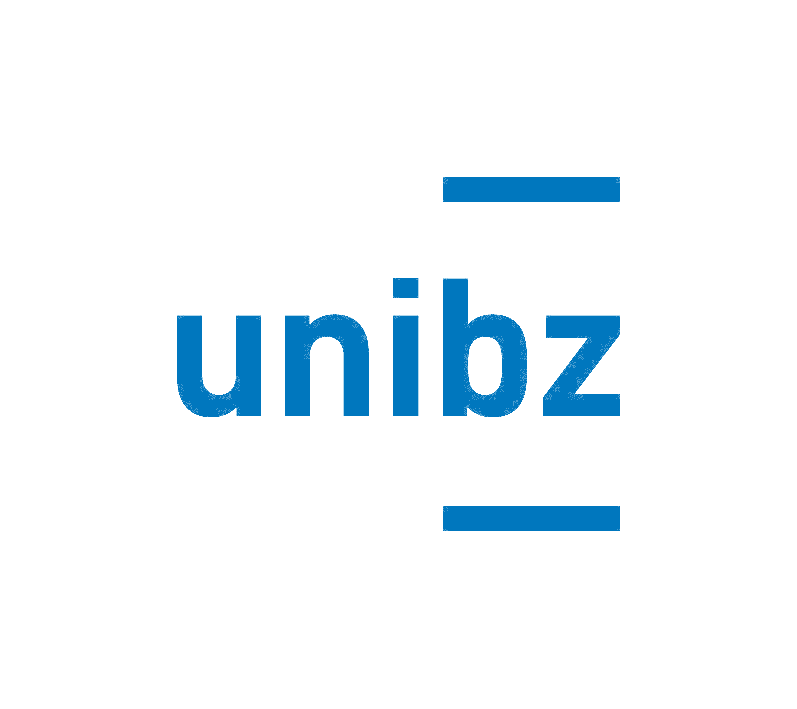Welcome to the CSA conference!
We would like to invite you to the Cognitive Science Arena (CSA).
Our aim is to set a conference where young researchers can present their work in a friendly and cooperative environment with the audience challenging him/her in a fruitful debate. The goal of CSA is to provide a competent and useful “boot camp” for anyone how would like to a) practice the skills of giving a talk or discussing a poster, and b) develop his/her research based on suggestions from the audience. Along this line, highly innovative research ideas are encouraged as well as "in progress" research.
The key-ideas of the CSA are the following:
- papers by young scientists only without a full-term position (master students, PhD students and post-doctoral students, researchers with a fixed-term contract...);
- long time for each speaker: 20 minutes talk + 10 minutes discussion;
- Types of contributions: This year CSA is accepting ONLY talks.
- Discussion: To boost interaction during our virtual conference, we will invite colleagues from several universities to stimulate the discussion on specific themes and to make integrative comments.
- Audience Q&A: Starting from 2018 edition at CSA we also use padlet. Padlet (https://padlet.com/) is a virtual blackboard where you can write (anonymously or not: you decide!) questions, comments, criticisms, hurray, etc. while the speaker is giving his/her talk;
- "“One minute for you!” The last minute of the discussion, the discussion stops and the audience is asked to write down (using either Zoom or Padlet) one or more comments to the presenter
- in progress and high-risk research is also welcome!
The conference will be held ONLINE in July 9-10th, 2021
New this year!
1) In the SUMMERTIME...?
Due to the SARS-Cov19 related issues, we decided to postpone the CSA to the forthcoming summer.. The situation did not improve that much. Therefore, we decided to move the conference ONLINE, the same days, no poster session, more time and slots for oral presentations, and monetary prizes for the first three presentations!
2) Abstract selection made by all participants
We will ask the submitters to help the Scientific committee in the abstract selection, as we introduce a “peer review” procedure.
We will ask each submitter to evaluate and rate 3 abstracts, according to the following criteria: (i) completeness (i.e., all abstract sections are present and informative) (ii) clarity (iii) appeal and interest for a broad audience.
This year the will be room for 20 oral presentations. As in the previous editions, if needed, the Scientific Committee will take into account also the following criteria: (i) limit the overrepresentation of one (or more) research group/institution (ii) increase diversity in the research topics.
The Smart Talk!
This year we are delighted to guest Olivia Guest (Centre for Cognitive Neuroimaging at Radboud University, The Netherlands). She will deliver the talk: "How computational modeling can force theory building in psychological science".
